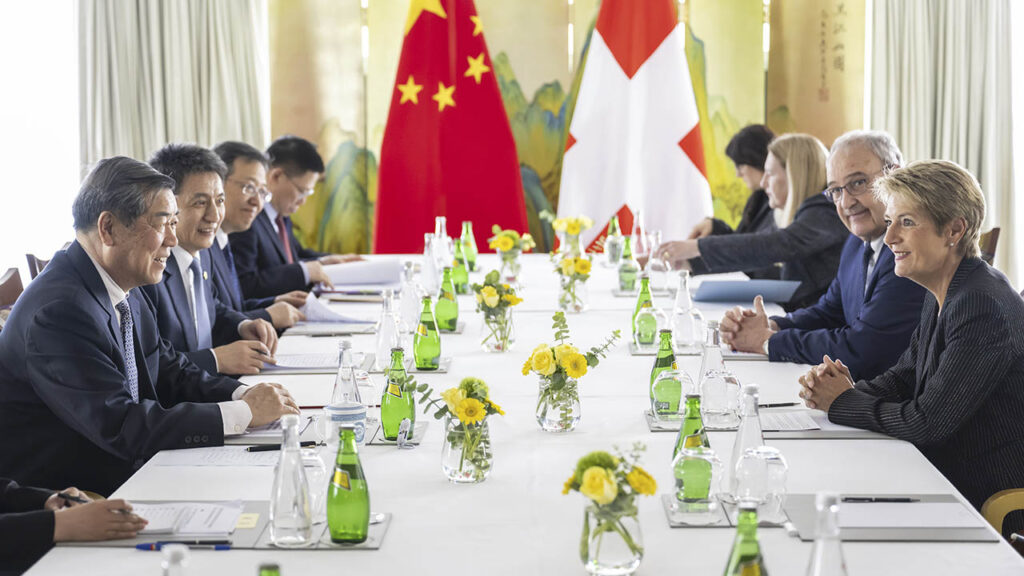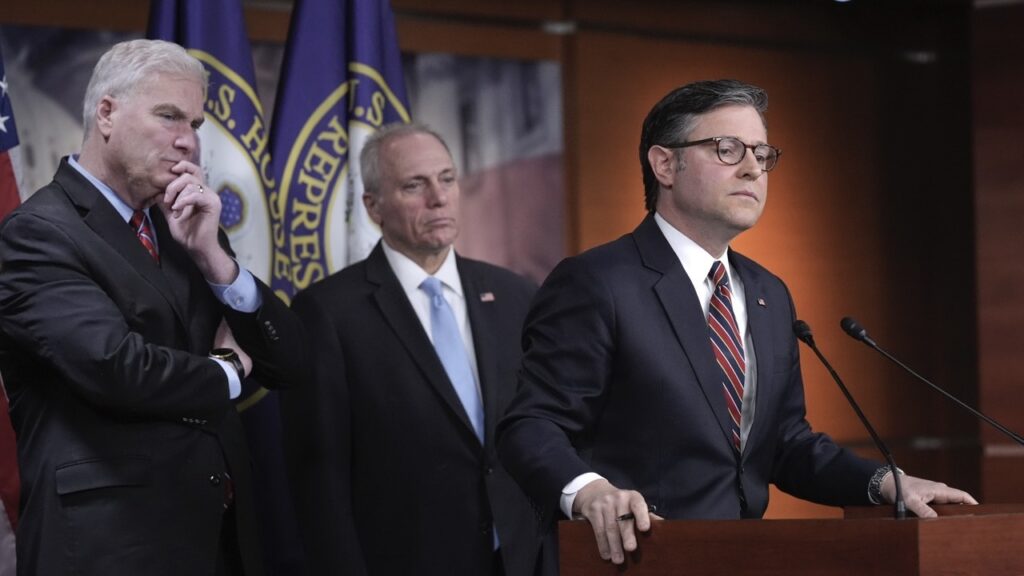Share
Rep. Jim Costa of Fresno and Rep. Salud Carbajal of Santa Barbara are overseeing a charge to bring protection and financial help to farmworkers during the coronavirus pandemic.

“We have deemed farmworkers essential, yet we need to do more to ensure they are safe and secure.” — Rep. Jim Costa (D-Fresno)
The congressmen wrote a letter signed by everyone in the 38-member Congressional Hispanic Caucus. On Wednesday, the letter was sent to Democratic and Republican leadership in the House and Senate.
House Has Two Partisan Hispanic Caucuses
The caucus formed as a bipartisan group in 1976, but membership is now limited to Democrats. In 2003, Republican House members formed their own group, the Congressional Hispanic Conference.
“During this crisis, our frontline farmworkers are laboring every day to put food on America’s dinner table and maintain the world food supply. As this virus threatens the resiliency of our food supply chains, it has never been more important to ensure the well-being of our agricultural producers and workforce,” the letter states.
“Farmworkers need our support. They should not live in fear. As this crisis evolves and Congress continues to explore response packages, we stand ready to work with you to ensure these protections are made available.”
Costa’s Statement
In a statement released Wednesday, Costa said:
“Our national security depends on the dedicated men and women working on farms here in the San Joaquin Valley and across the country. We have deemed farmworkers essential, yet we need to do more to ensure they are safe and secure. I’m proud that my colleagues in the Congressional Hispanic Caucus are working together to keep these valued workers safe during this crisis.”
White House Wants to Cut Farmworker Wages
The effort by the caucus comes as the White House is trying to support America’s hard-hit growers and ranchers — while ignoring the needs of farmworkers.
On April 10, NPR reported that White House Chief of Staff Mark Meadows was working with Agriculture Secretary Sonny Perdue to reduce wages for foreign guest workers on American farms.
The White House’s motivation for seeking wage cuts: Helping struggling farmers during the pandemic.
“The administration is considering all policy options during this unprecedented crisis to ensure our great farmers are protected, and President Trump has done and will do everything he can to support their vital mission,” a White House official told NPR.
Trump’s Support for Farmers
On Wednesday, Perdue said that the Trump administration plans to buy milk and meat from farmers as part of an initial $15.5 billion effort to help them withstand the virus.
“We want to purchase as much of this milk, or other protein products, hams, and pork products, and move them into where they can be utilized in our food banks, or possibly even into international humanitarian aid,” Perdue told Fox News.
Also on Wednesday, the Department of Homeland Security announced the temporary suspension of requirements that reduce the guest-worker pool. The rule changes also allow guest workers “to stay beyond the three-year maximum.”
Read the Letter


Two Teens Charged in Shooting Death of Caleb Quick
12 hours ago
Soviet-Era Spacecraft Plunges to Earth After 53 Years Stuck in Orbit
13 hours ago
Tax the Rich? Slash Spending? Republicans Wrestle With Economic Priorities in the Trump Era
13 hours ago
Experts Call Kennedy’s Plan to find Autism’s Cause Unrealistic
13 hours ago
Trump’s Trip to Saudi Arabia Raises the Prospect of US Nuclear Cooperation With the Kingdom
13 hours ago
Oh Ohtani! Dodgers Star Hits 3-Run Homer in Late Rally Victory Over Diamondbacks
13 hours ago
Tariff Talks Begin Between US and Chinese Officials in Geneva
13 hours ago
US-China Tariff Talks to Continue Sunday, an Official Tells The Associated Press
6 hours ago
Categories

US-China Tariff Talks to Continue Sunday, an Official Tells The Associated Press

Two Teens Charged in Shooting Death of Caleb Quick

Soviet-Era Spacecraft Plunges to Earth After 53 Years Stuck in Orbit

Tax the Rich? Slash Spending? Republicans Wrestle With Economic Priorities in the Trump Era














